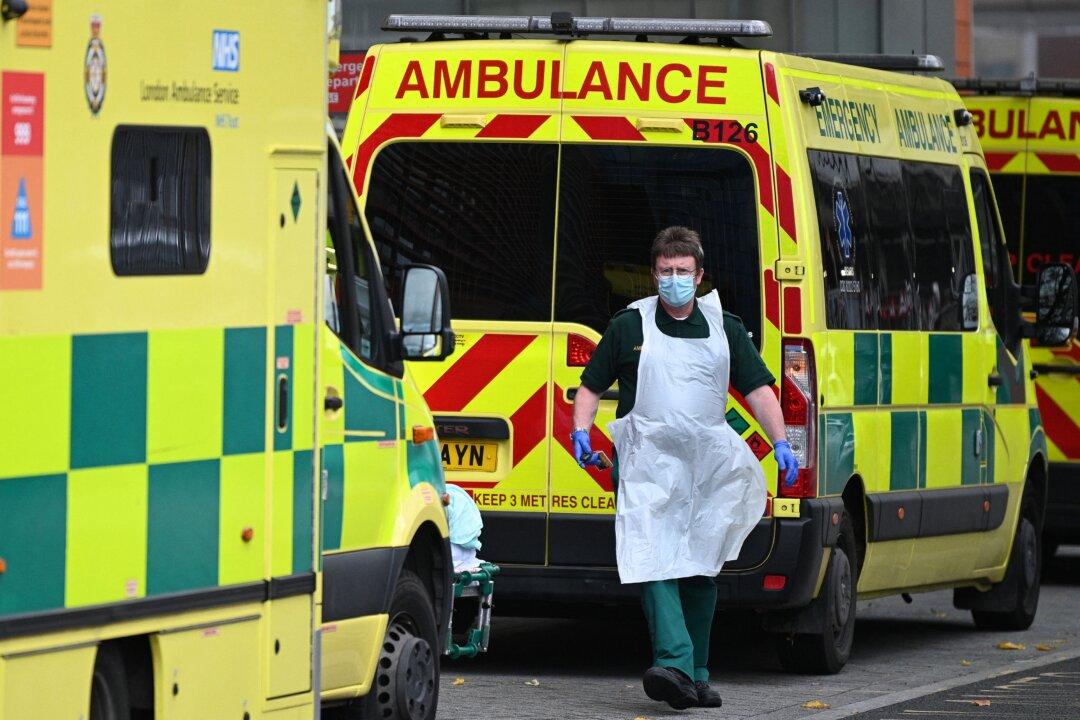The UK government has decided to extend emergency regulations to ensure the swift administration of COVID-19 and influenza vaccines, including controversial assembly via Point of Care (PoC) manufacturing.
The PoC process, allowing certain authorised points of care to assemble vaccines and treatments on-site after receiving raw materials, gained traction during the COVID-19 rollout of mRNA treatments in the UK.





